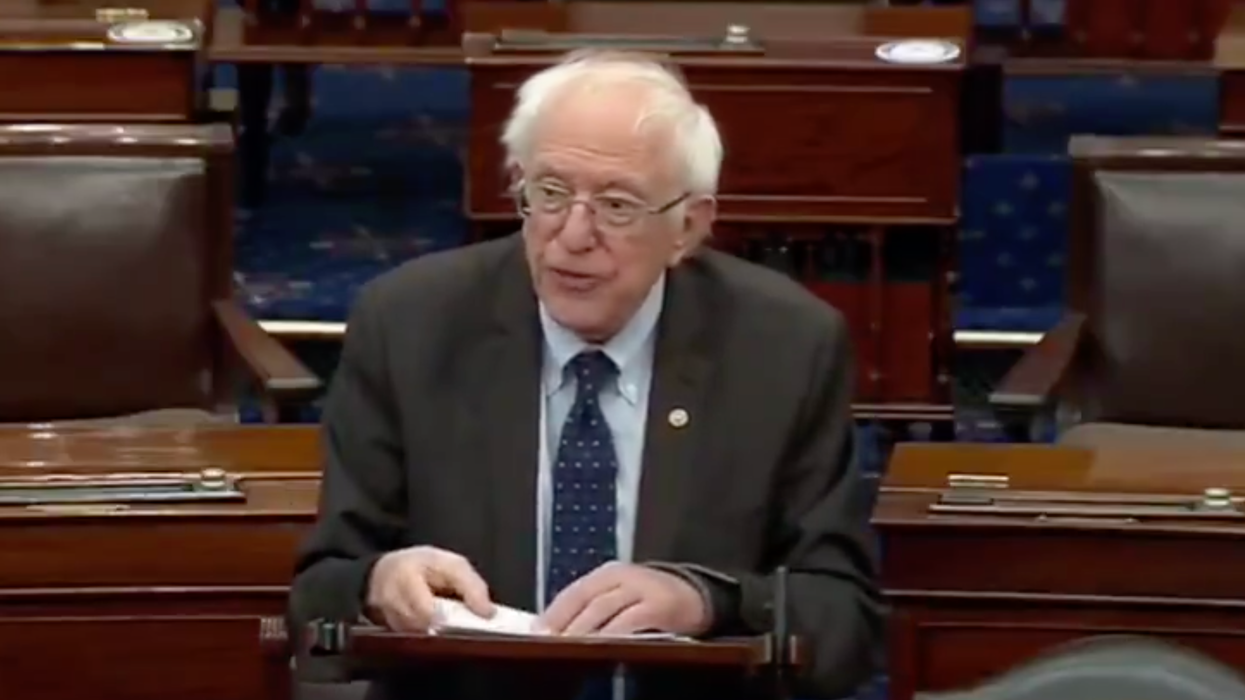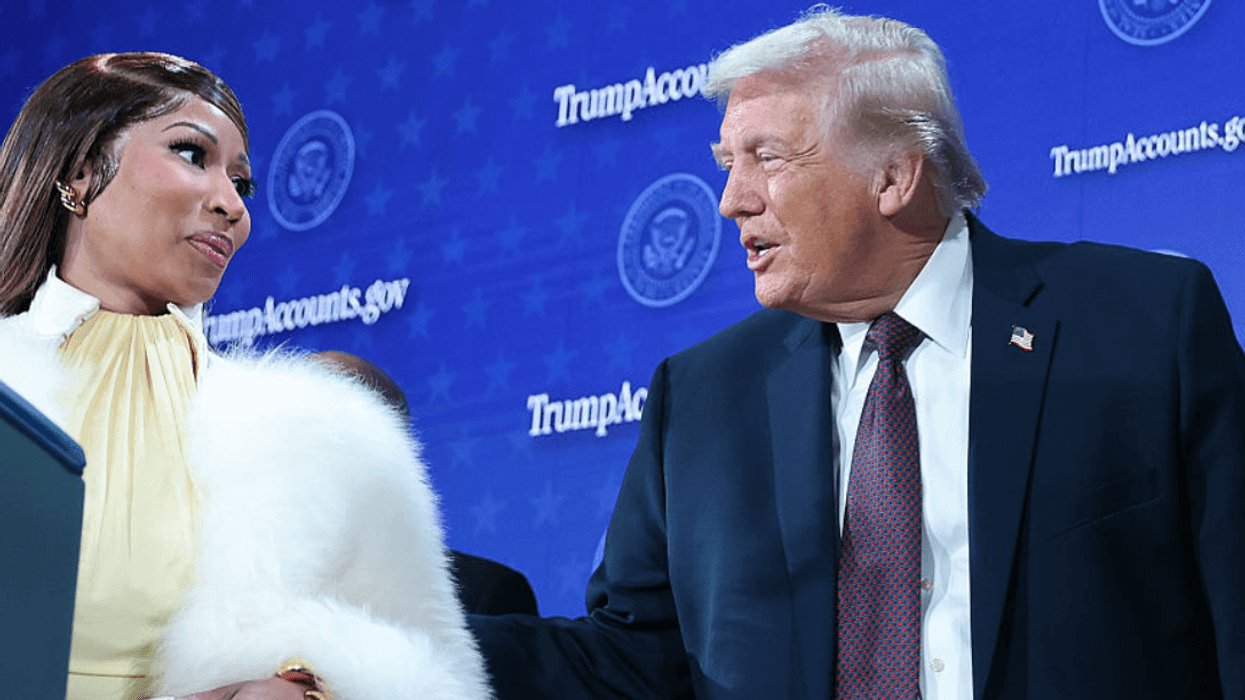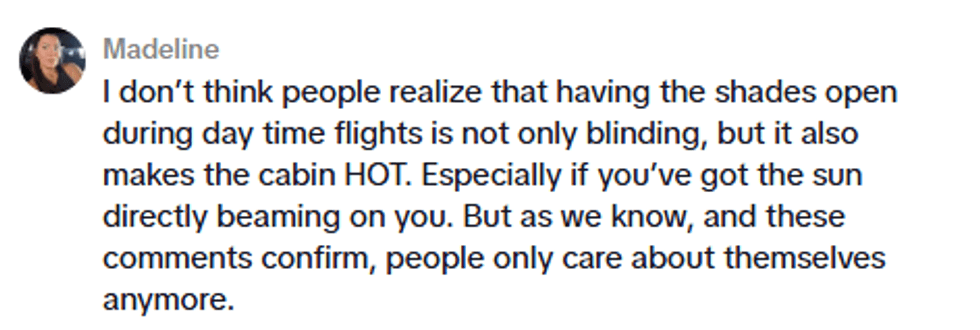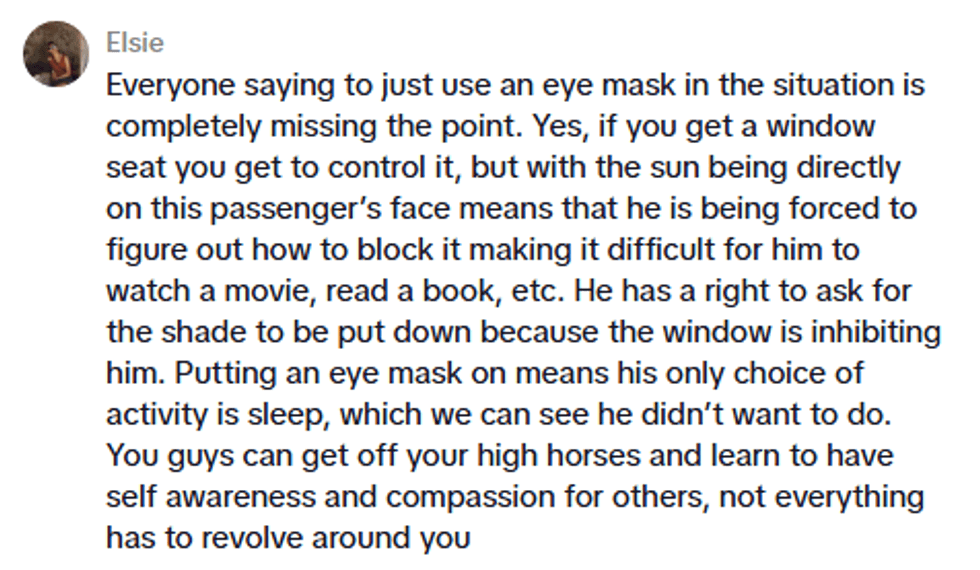From 2015 to 2021, Republicans held a majority in the United States Senate, with Senator Mitch McConnell (R-KY) serving as Senate Majority Leader.
The tenure was largely defined by an unwillingness to entertain virtually any legislation supported by former President Barack Obama or take up any bills passed by the Democratic House of Representatives when Democrats regained the majority of that chamber after the 2018 midterms.
But after winning two Senate seats in Georgia earlier this year, the Senate is split evenly with 50 Democrats and 50 Republicans. Any tied votes are broken by Vice President Kamala Harris, giving Democrats a functional majority of the Senate.
Thanks to filibuster rules, the Senate requires 60 votes to move past debate and pass meaningful legislation. While a large faction of Democratic voters have long called for the filibuster to be abolished, moderate Democratic Senators Joe Manchin of West Virginia and Kyrsten Sinema of Arizona favor its preservation, effectively killing the effort to do away with the filibuster completely until at least 2022.
But, in the meantime, a procedure called reconciliation allows the Senate to bypass the filibuster for certain legislation and require a simple majority instead.
Reconciliation has become increasingly relevant with the urgent need for Congress to pass another wave of pandemic relief, including direct monetary aid to Americans promised by Democrats in the 2021 Senate runoffs in Georgia.
Since his inauguration, President Joe Biden has called for unity and bipartisanship after an erratic and divisive four years under Trump, but Democrats have made clear this doesn't mean they're willing to underdeliver on their promise.
Senate Majority Leader Chuck Schumer (D-NY) has said that, while Senate Democrats welcome Republicans to work with them in good faith, their party is willing to use the reconciliation procedure to bypass the supermajority requirement.
Republicans have since attempted to paint this position as a radical step to ram through legislation, and as evidence that Democrats don't intend to work toward bipartisanship.
Senator Bernie Sanders (D-VT) rebutted that claim in a passionate Senate floor speech on Tuesday.
Watch below.
Sanders called out the Republican hypocrisy, saying:
"I have heard from some of my Republican colleagues who tell us that, 'well, this reconciliation concept—that's a radical idea, why are you using reconciliation?' And they are telling us that it is absolutely imperative that we go forward in a bipartisan way and require 60 votes for passage."
That's when he brought receipts.
"But I must say that when Republicans used this same reconciliation process, Mr. President, I didn't hear much about bipartisanship at that point. In fact, Republicans used the reconciliation process to provide trillions of dollars in tax breaks to the top one percent and large, profitable corporations by a simple majority vote. The only people who voted for that bill were Republicans. No bipartisanship in that bill."
He wasn't done.
"My Republican colleagues used reconciliation to open up the Arctic National Wildlife Refuge to the drilling of oil, once again, by a simple majority. Only people who supported that were Republicans. Not one Democrat."
But wait, there's more.
"As we all remember, painfully, my Republican colleagues used the reconciliation process to try to repeal the Affordable Care Act and throw up to 32 million Americans off of their healthcare they currently have. As you'll recall, Mr. President, that was a 100 percent partisan vote, which fortunately lost by one vote."
And finally...
"Further, weeks before a Presidential election, last election, my Republican colleagues pushed through their nominee for the Supreme Court with 50 votes a few weeks before the election. Not one Democrat supported that nominee. Totally partisan vote."
People praised Sanders for reminding Republicans of all the times they used reconciliation to pass unpopular legislation.
He wasn't the only one to scoff at Republicans' calls to abstain from reconciliation.
On Tuesday evening, the Senate voted 50-49 to move the $1.9 trillion relief package forward through reconciliation, with no Republicans in support.








 @NICKIMINAJ/X
@NICKIMINAJ/X





 Red Carpet Picture GIF by Robert E Blackmon
Red Carpet Picture GIF by Robert E Blackmon  Black Friday Christmas GIF by Target
Black Friday Christmas GIF by Target  The Office Boss GIF
The Office Boss GIF  Stay Single Animation Domination GIF by gifnews
Stay Single Animation Domination GIF by gifnews  Season 1 Wedding GIF by NBC
Season 1 Wedding GIF by NBC 
 @kellymengg/TikTok
@kellymengg/TikTok @kellymengg/TikTok
@kellymengg/TikTok @kellymengg/TikTok
@kellymengg/TikTok @kellymengg/TikTok
@kellymengg/TikTok @kellymengg/TikTok
@kellymengg/TikTok @kellymengg/TikTok
@kellymengg/TikTok @kellymengg/TikTok
@kellymengg/TikTok @kellymengg/TikTok
@kellymengg/TikTok @kellymengg/TikTok
@kellymengg/TikTok @kellymengg/TikTok
@kellymengg/TikTok @kellymengg/TikTok
@kellymengg/TikTok @kellymengg/TikTok
@kellymengg/TikTok @kellymengg/TikTok
@kellymengg/TikTok @kellymengg/TikTok
@kellymengg/TikTok @kellymengg/TikTok
@kellymengg/TikTok
 Christina Lorey/Facebook
Christina Lorey/Facebook Barry Novak/Facebook
Barry Novak/Facebook Mary Schroeder/Facebook
Mary Schroeder/Facebook Ben Kayser/Facebook
Ben Kayser/Facebook @danobears/Threads
@danobears/Threads
 @falkthisnonsense/Threads
@falkthisnonsense/Threads @barrypiatoff/Threads
@barrypiatoff/Threads
 @sareineity/TikTok
@sareineity/TikTok @jackb7730/TikTok
@jackb7730/TikTok @theboywanders/TikTok
@theboywanders/TikTok @george199013/TikTok
@george199013/TikTok @mrtempoe/TikTok
@mrtempoe/TikTok @soxfanchris/TikTok
@soxfanchris/TikTok